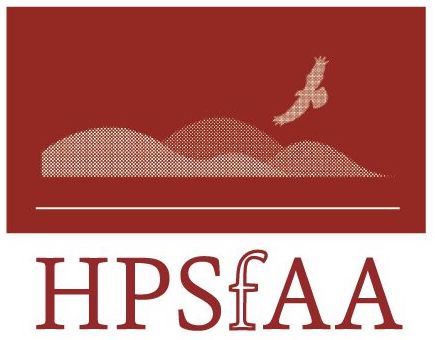  
 
The High Plains Society for Applied Anthropology |
|
Modifying Personal Safety Education For Native American Children
Ron Cochran, Michele Steward, and Mike Sullivan
Report on a pilot study to determine if American Indian students would retain more information from a culturally modified sexual abuse curriculum than from a standard (Anglo) curriculum. A standardized personal safety education curriculum (“Talking About Touching” by Committee for Children) was taught to one group of Native American fourth-grade students (control group) and a culturally modified version was taught to another Native American fourth-grade class (experimental group) at an elementary school on an Indian reservation in Montana. Curriculum modifications were based on input from tribal members, school teachers, and clinical experience working with Native American sex offenders and victims. Modifications included thematic use of a story stressing Indian values, emphasis of culturally relevant topics (gender roles, alcoholism, extended family), and discussion of traditional prevention behaviors such as avoiding proscribed relationships. Students were pre- and post-tested to determine the relative effectiveness of the culturally modified curriculum. The hypothesis was that the least- knowledgeable students would learn and retain the most information from the modified curriculum. This research was funded by a three-year grant from the Frost Foundation.
High Plains Applied Anthropologist No.1, Vol. 17, Spring, 1997 pp 38 – 45<Get PDF>
Back To List of Previous Issues